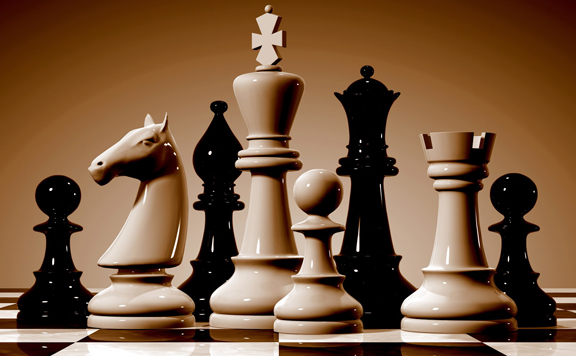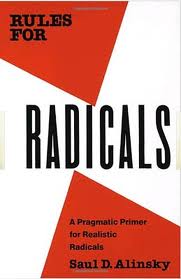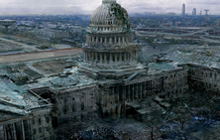SEEING THE RULE
Professors like Alinsky’s Rule #2 because it is a potent tool for shaping opinion when you have the podium and can set the ground rules of engagement with their students. Seasoned faculty members often pull students in their direction by focusing on subjects that the students know little about, where the teacher’s experience runs deep. This rule can backfire, however, when a student or group pushes beyond the experiences and wisdom of the organizer (or Professor in this case).
USING THE RULE
This is why, according to Alinsky, a great action group will seek a spectrum of experience and talents when forming, not simply signing up folks who all share the same experiences and skills. A group of clones are going to find it tough to take their mission out into a diverse world and maintain the upper hand. Start small, grow your experience, and at the same time grow in power.
Playing to your strengths is an important principle for building any organization. Sometimes the challenge is that people do not recognize strengths that they have. In that case, you will need to create small experiences that enable people to identify the strengths they have, so they will put those strengths to use. Here’s an example of how people can be mobilized from Texas A&M:
“Never go outside the expertise of your people. When an action or tactic is outside the experience of the people, the result is confusion, fear and retreat…. [and] the collapse of communication.”








